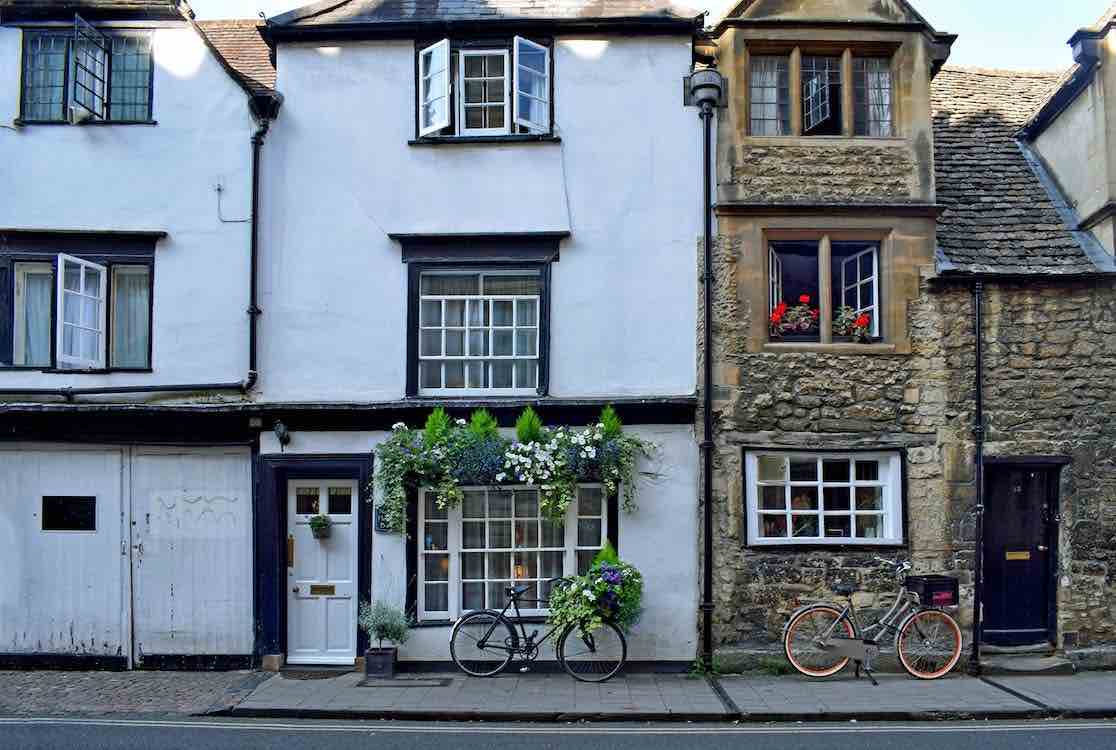A mortgage deposit is a lump sum of money that a prospective homebuyer must pay upfront to secure a mortgage loan from a lender. It is a percentage of the property’s purchase price and it generally ranges from 5% to 20%.
The average 2-year fixed rate 95% LTV mortgage rates have risen by 78% over the last year, and mortgage rates seem to be climbing. As mortgages get progressively less affordable for many, thousands of Brits are wondering how much they need to save to get on the property ladder before mortgages climb even more.
How Much Deposit Do I Need For a House?
The minimum mortgage deposit required in the UK can vary depending on several factors, including the type of mortgage and the lender’s policies. In the past, it was common for lenders to offer mortgages with an extremely low deposit.
However, post-financial crisis, stricter regulations were imposed to reduce risk, and lenders began requiring higher deposits to access better interest rates. This is why the typical deposit tends to be higher these days, around 10-15%.
How Much is a House Deposit at Minimum?
Around 5%. It is extremely challenging to get a mortgage with no deposit in the UK, known as an 100% LTV mortgage. Most lenders require a minimum deposit of at least 5%, and most require 10% to 15% of the property’s purchase price.
Why Do Lenders Require a Mortgage Deposit?
Lenders require a mortgage deposit as a way to balance out the risk associated with lending money to homebuyers. By requiring borrowers to invest their funds in the property upfront, lenders have peace of mind knowing that the borrowers are financially committed to the purchase and are less likely to default on the mortgage payments.
A higher deposit also gives lenders a buffer against potential fluctuations in the property’s value. It benefits homebuyers as well as lenders, and should generally be aimed for in a lot of circumstances.
Can I Put Down a Larger Deposit Than the Minimum Required?
Yes, if you have the chance to do so, putting down a larger deposit can be a strategic move to save money over the life of your mortgage. Putting down a larger deposit can offer several advantages.
A larger deposit reduces the amount of money you need to borrow, which means lower monthly mortgage payments. On top of that, a substantial deposit can make you more attractive to lenders, potentially qualifying you for better interest rates and mortgage deals.
Is It Better to Save for a Larger Deposit or Get on the Property Ladder Sooner With a Smaller Deposit?
The decision between saving for a larger deposit or getting on the property ladder sooner with a smaller deposit depends on your individual circumstances and needs. Saving for a larger deposit has the advantage of reducing your mortgage amount, potentially leading to lower monthly payments and better interest rates.
However, if property prices are rising rapidly, getting on the property ladder sooner with a smaller deposit might allow you to benefit from future price appreciation and build equity in the property. Check how the housing market is doing before making this choice.
What Happens if Property Prices Fall After I Put Down My Mortgage Deposit?
If property prices fall after you’ve put down your mortgage deposit, you may find yourself in a situation known as “negative equity.” This means that the outstanding mortgage balance is higher than the property’s current value.
While this can be stressful, it is not an immediate problem as long as you can continue making mortgage payments. Property values tend to fluctuate over the long term, and negative equity becomes an issue if you need to sell the property before its value increases again.
Staying with the property and continuing to make regular mortgage payments should eventually allow you to regain positive equity. This requires patience, and may be very scary, but it will usually pay off.
Can I Use Gifted Money as a Mortgage Deposit?
Yes, many lenders accept gifted money as a mortgage deposit, particularly if it comes from close family members. However, each lender has its policy regarding gifted deposits, and they may require specific documentation and a letter confirming that the money is a gift and not a loan.
Can I Use My Savings Account for a Mortgage Deposit?
Yes, you can use your savings account to fund your mortgage deposit. In fact, most lenders prefer that the deposit comes from your own savings rather than being borrowed. Using your savings proves your financial responsibility and your ability to manage your finances effectively.
What Happens to My Mortgage Deposit if the Purchase Falls Through?
If the purchase falls through due to factors beyond your control, such as a failed property survey or the seller pulling out, your mortgage deposit is generally refunded to you. However, if you yourself decide not to go forward with the purchase for reasons not covered by the contract, you may risk losing the deposit, as it acts as a commitment to buying the property.

Can I Use My Pension as a Mortgage Deposit?
You might be able to, but it is not advisable or generally allowed to use your pension savings as a mortgage deposit. Pensions are designed to provide financial security in retirement and are subject to strict regulations to ensure they are used solely for that purpose.
Withdrawing funds from your pension early can have significant tax implications and jeopardise your financial future. It’s always best to seek professional financial advice before considering such a step.
Concluding Thoughts
While the minimum deposit typically ranges from 10% to 15% of the property’s purchase price, putting down a larger deposit can lead to lower monthly payments and better interest rates.
While the process of saving for a deposit might seem daunting, you should try to establish a realistic budget and savings plan to achieve your homeownership goals. The timeline for saving can vary based on individual circumstances.
As with any significant financial decision, seeking professional advice from mortgage advisors can provide valuable insights tailored to your specific situation. You can speak to one of Deedle’s advisors for free by submitting a request here.


